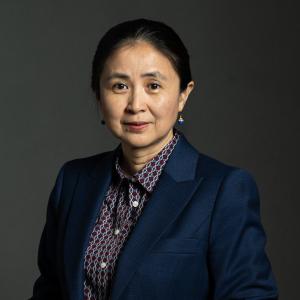International relations theory (IR) helps us to make sense of the chaos of international interactions. Students are introduced to the paradigmatic lenses—including different branches of realism, liberalism, constructivism, and Marxism—that can help provide us with the ability to understand and connect disparate historical and contemporary events in a coherent framework. Without theory, our understanding of the world is ad hoc and episodic, preventing deeper understandings of the patterns of behavior that shape international politics.
Our international relations theory courses currently revolve around foreign policy. Foreign policy is the employment of power resources (political, economic, and military) in an attempt to influence other states, international institutions, and non-state actors. The focus of courses on foreign policy is on the latitude that states have to conduct foreign policy given external constraints and limits on their political, economic, and military power; how differences between states—such as levels of power, wealth, domestic regimes, ideology, leadership, etc.—affect the choices states make; and the complexity of making foreign policy in a world of democratization and globalization. Students with an interest in careers in the foreign service or the foreign affairs bureaucracy would benefit from courses in foreign policy, as would those interested in working for international organizations and NGOs.




